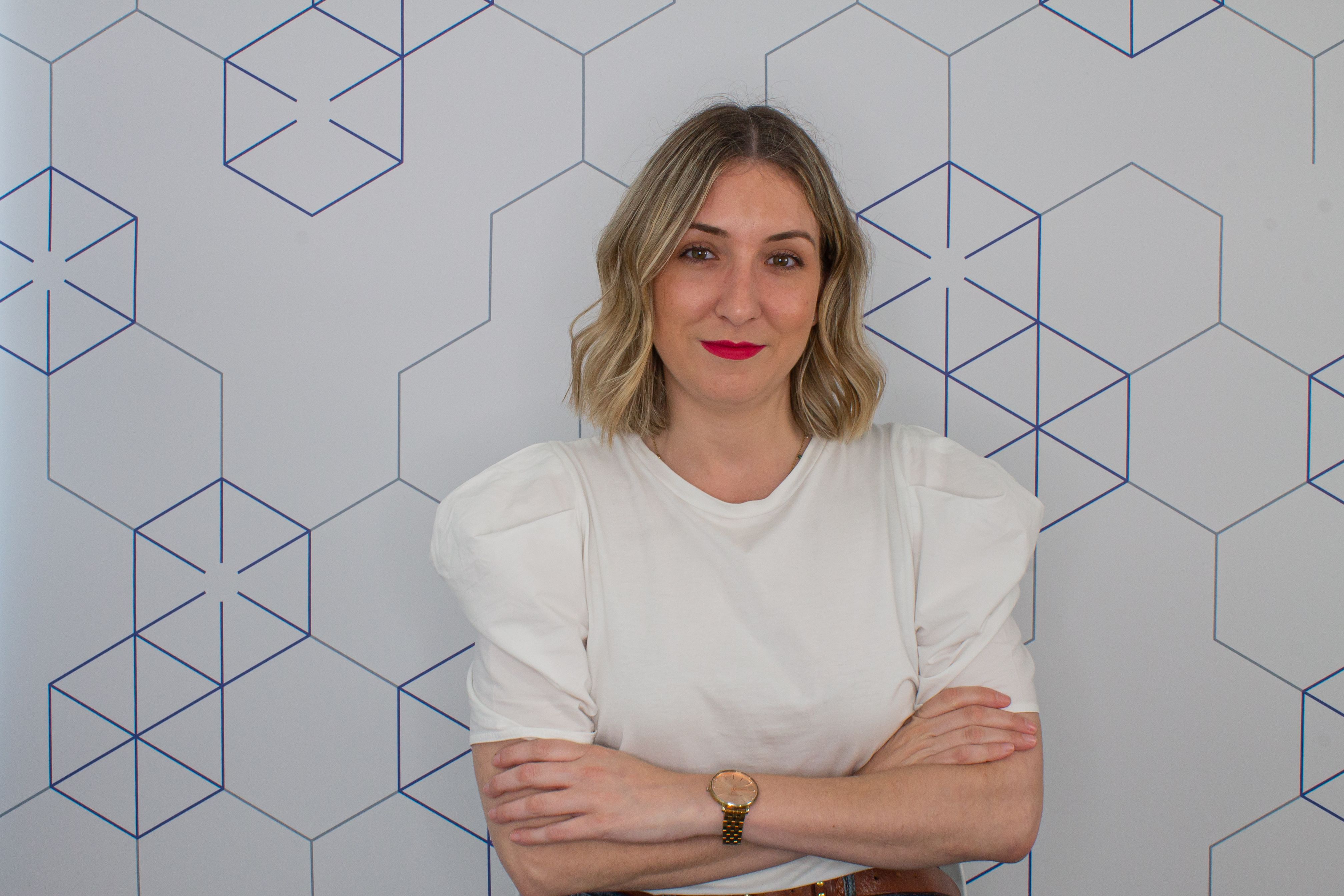By now, I'm sure most readers know the term greenwashing, although it never hurts to remember the definition. Greenwashing is a commercial practice used by some companies, many of them known to all of us, to create an image of a sustainable, ecological, and environmentally concerned company. However, nothing could be further from the truth: it is an unethical way of positioning yourself in a booming market by taking advantage of consumer misinformation. Many times these practices come from the hand of companies that already have a significant market share and thus want to expand their business using this strategy and confusing consumers. But what practices can we identify as suspected of being part of a greenwashing strategy?
Containers whose predominant color is green, words such as "natural", "organic" or "sustainable" and images of trees, plants or flowers are often associated with this method to sell more, but little by little new traps are being discovered to the consumer, increasingly sophisticated. For example, some internationally known brands are continually accused of whitewashing their image using this strategy: products with packaging made from recycled plastic when the reality is that, in a sentence in small print, it is indicated that the cap is really made of plastic virgin, or refill solutions whose containers are made of materials that are difficult to recycle and also contain approximately the same amount of product that fits in a single standard bottle, which means that at least the same amount of waste is generated for each use. In these cases, these companies promote those aspects of their products that they consider "green" or "sustainable", however, in a broader reading we observe that these actions do not have a truly significant impact when it comes to caring for the planet. According to the website greenwash.com, a kind of virtual laundry that denounces this type of practice, there are large companies trying to position themselves in this market that are among the 10 largest generators of plastic waste on the planet, so a consumer with good intentions can end up contributing to everything it seeks to avoid. In addition, we must bear in mind that the sustainability of a product must be evaluated throughout its value chain: from the origin of the ingredients, the way they are obtained, the energy used, the working conditions of the people involved, the packaging, its materials, and their recyclability, among others. It is a much more complex issue than putting an easily refutable phrase on its packaging.
But, at the other extreme, there are also brands that want to position themselves in the natural cosmetics market by denigrating safe ingredients and being accepted by the regulation simply because they are synthetic, also using questionable claims. Therefore, it is worth remembering that any cosmetic product purchased through authorized channels is safe, whether, in a small neighborhood store, a large supermarket, a perfumery chain, or a pharmacy: all these products pass the controls of Regulation 1223 /2009 of the European Parliament. And this regulation is the same for all types of cosmetics that we can find in our market.
In order to detect these bad practices, including greenwashing, consumer education is key: it will allow us to make decisions with all the information at our fingertips, that is, with greater freedom and awareness. Let's not get carried away by appearances and let's make a deep analysis of the stimuli that come to us through advertising. Only then can we make informed decisions and do our bit to change the rules of the game.
